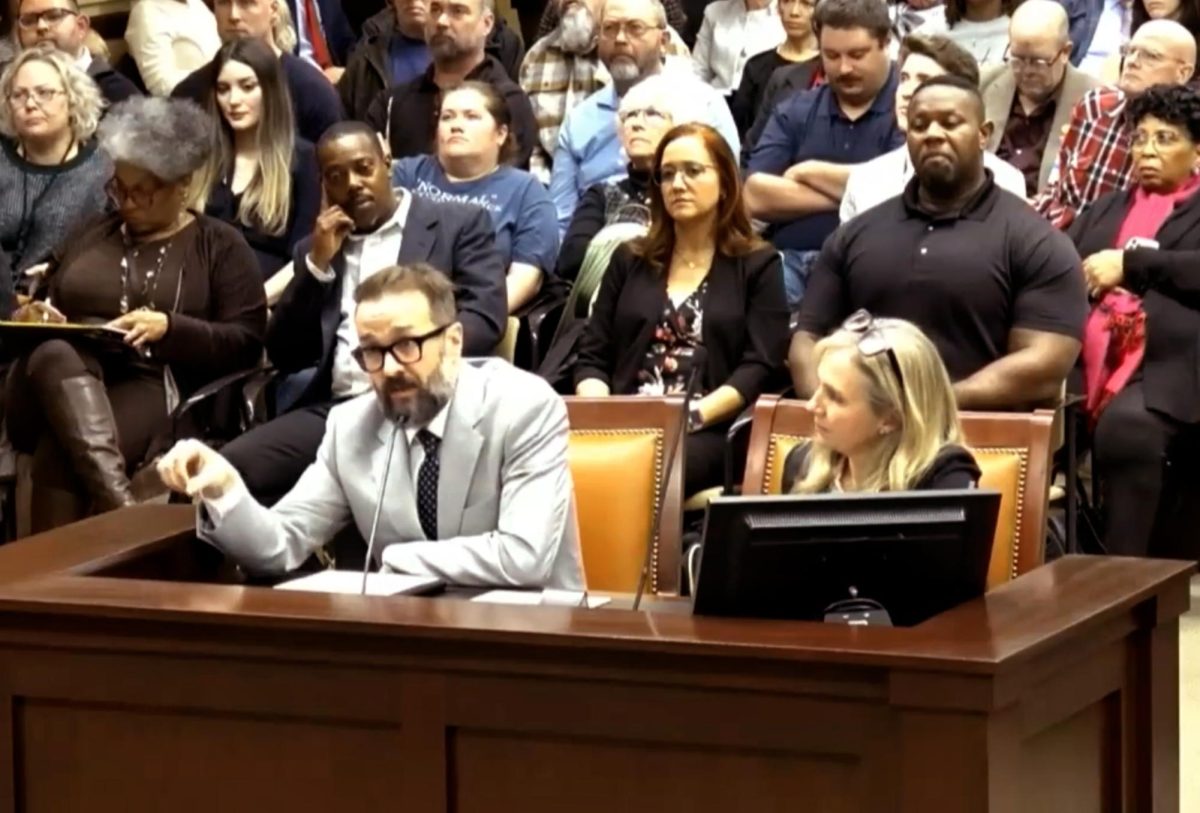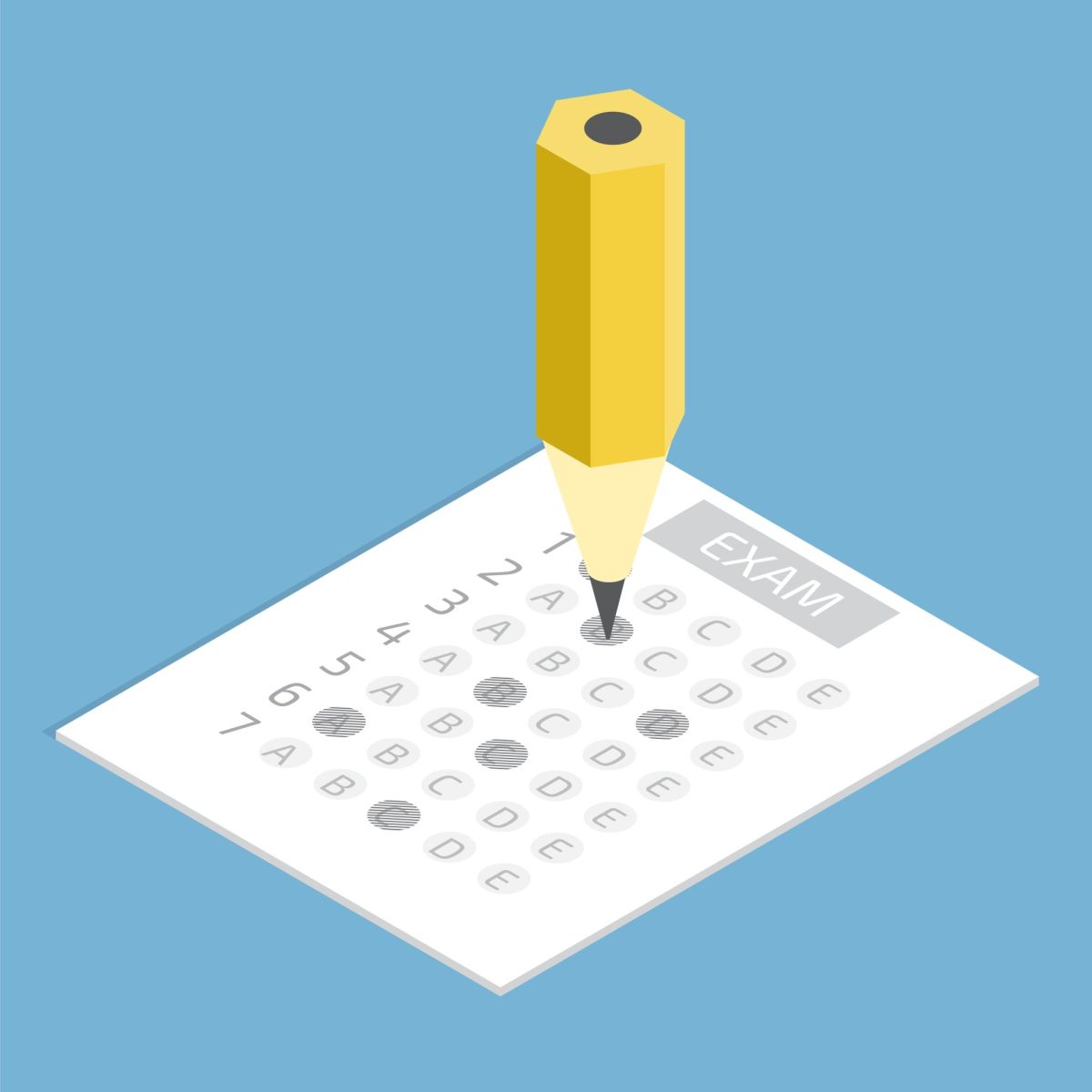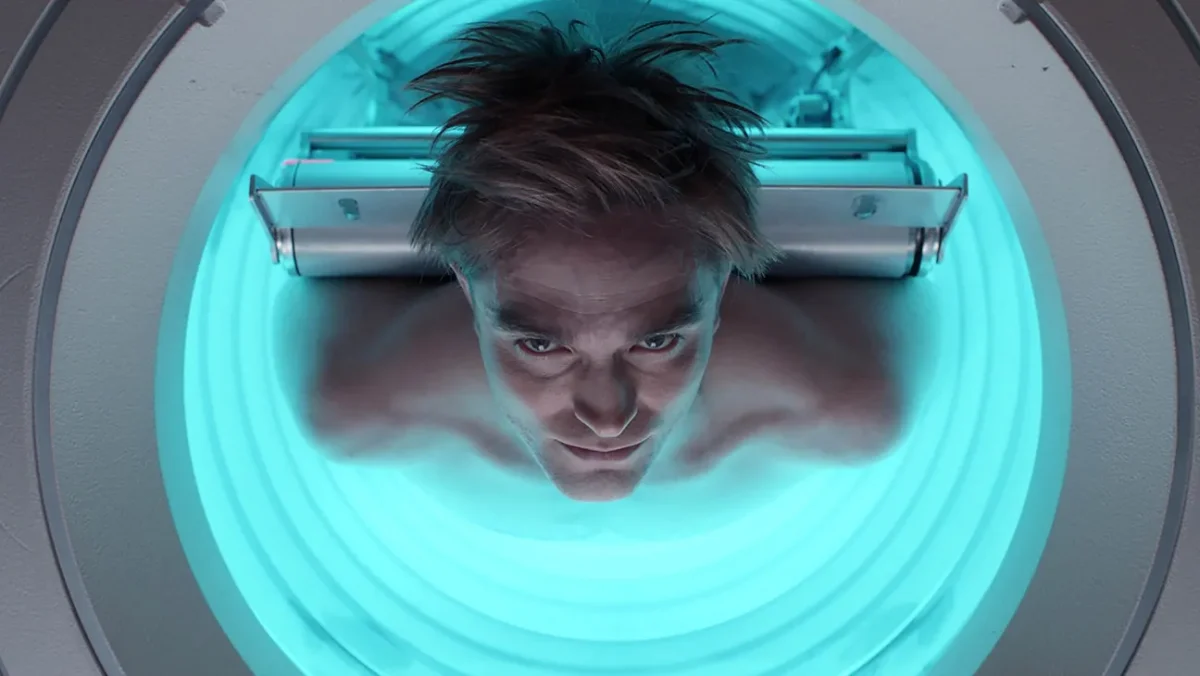SALT LAKE CITY — Laws targeting minority populations have been presented and passed more and more frequently. Often, these bills are described as protecting against discrimination, but in reality they limit or revoke the rights of vulnerable groups. Utah House Bill 261, titled “Equal Opportunity Initiative,” described as a bill that “prohibits an institution of higher education, the public education system, and a governmental employer from taking certain actions and engaging in discriminatory practices.”
Utah is far from the most diverse state. About 90% of the state is white, and most Utahns have very limited exposure to other cultures, which perpetuates discrimination and misunderstandings. It’s easy to say as a white person in a mostly-white town going to a mostly-white school that racism doesn’t exist and it’s easy to accidentally engage in harmful behavior. Many of the government officials who voted for HB0261 have a lot of privilege. Not only are they not minorities—Utah’s legislature is about 90% white, 70% men and 80% LDS— but they hold a position of power. This drives the divide between them and the diverse populations in Utah, limiting their understanding of people with experiences different from their own. However, when being pressured by advocates to treat minority populations better, they fail to act and often do the exact opposite. These representatives get to make decisions about the resources minority populations get despite not understanding why and how they are important.
Despite how it’s presented, the main goal of HB261 is to replace Diversity, Equity, and Inclusion (DEI) programs in public education and government with “Student Success and Support” programs. While supporters of this bill argue that it will prevent discrimination, the bill prohibits support systems in schools specific to minority communities and prevents employers from asking job candidates their opinions on “prohibited” topics such as anti-racism and critical race theory.
Those in favor of the bill argue that everyone, regardless of race, gender, or sexuality, should receive the same support, and DEI programs prevent this. While this sounds great in theory, not everyone requires the same support. Minority populations face additional challenges that require different support. DEI programs provide a safe space for students who, for example, are facing racism at school and need a place to go where they will be understood. If these programs are eliminated or changed to include all people, the lack of resources for minority students will make discrimination feel more significant. HB0216 also requires education institutions to eliminate training about “discriminatory practices,” instead requiring training on free speech from all viewpoints. This enables those with discriminatory views to teach without being taught what is and isn’t acceptable treatment or views of minority groups.
The bill comes at a time when other laws have been or are in the process of being passed to limit the rights and resources of minority groups. In Utah, transgender people have been of particular interest to the government. A bill banning gender-affirming care for minors was passed last year, stopping all treatment for those who had not been patients for at least 6 months. HB257 was recently passed, a bill that requires people to use bathrooms based on their anatomy. For transgender people, this requires proof that someone has legally changed their gender and has documentation that they have undergone sex reassignment surgery (SRS).
The bill seems to ignore passing trans people, or those whom others would not assume were born a different sex without being told. It’s entirely possible to outwardly pass as a different gender from what one was assigned at birth without having legally changed genders or undergone SRS. For example, someone assigned female at birth but has been taking testosterone to transition to male could completely pass as male without meeting those requirements. He would legally have to use the women’s bathroom, but would likely be harassed or reported. He could use the men’s bathroom, but would risk punishment if he was “caught.”
The solution this bill provides is that it requires that education facilities work with the students’ parents or guardians regarding alternate arrangements. The school would have to provide access to a unisex restroom, faculty restroom, or, through “staggered” scheduling, a sex-designated restroom. It does not require the school to work with the student. While it may sound like a good middle ground, requiring students to use bathrooms different from their cisgender peers is incredibly othering. It may also out someone—essentially, reveal to others that they are transgender—which could put the student in danger or enable bullying.
Often, people in positions of power don’t understand the needs and experiences of people different from themselves, and this ends up being expressed through bills that harm those individuals. Overall, these bills indicate that Utah’s government is forgetting that minority groups are still humans. In trying to prevent the othering or discrimination of “everyone,” these bills and laws only harm those who actually need protection from discrimination. They diminish the experiences of minority people and enable discrimination. Utah’s government is incredibly alienated from diverse communities within the state and it only continues to drive that division.











Luke • Feb 14, 2024 at 10:29 AM
I completely disagree with this article. As a professional, I have been forced to endure DEI trainings wherein the presenter openly accused all participants of harboring “unconscious biases” that made them automatically racist, sexist, homophobic, etc. It was incredibly offensive and broad stroked. What’s more is that DEI seeks as it’s stated ambition an “equality of outcome” rather than the American principle of equal opportunities for all. In fact, the Equal Employment Opportunity Office has stated that many DEI initiatives violate Title IX, making them illegal. What this article’s author and most DEI proponents misunderstand is their assumption that ALL whites are privileged, ALL blacks are oppressed, and skin color, gender, sex, etc are 100% accurate identifiers of one’s socio-economic class, and therefore special privileges MUST be given only to those who bear certain immutable characteristics. Nothing could be further from the truth. There are many wealthy blacks and many poor whites. There are many intelligent women and many intelligent men. So, how does it make sense to provide special privileges that only benefit the blacks or women in those cases? DEI proponents never take such a nuanced, individualized approach because they only want to create blanket policies according to their preconceptions of society. That is, by the very definition, racism/sexism/etc on their part. And this is where DEI collapses ideologically- it uses discrimination to fight discrimination, which ironically is what this article’s own title implies Utah’s legislature is doing by undermining DEI. As for transgender laws, the author speaks in depth about the discomfort of transgender individuals, but completely ignores the discomfort of cisgender individuals when transgenders use their bathrooms. Why should we prioritize the discomfort of less than 1% of society over the discomfort that they are causing to the other 99% of society? If you allow a transgender woman with a penis to enter the same locker room as normal women, there will understandably be significant backlash because it creates an unsafe environment for them. Furthermore, transgenderism is NOT an immutable characteristic, but a clear choice made by the individual, and therefore should not be legally protected anymore than a person who identifies as a tree or a rock. It is unfortunate that this author cares so little for the moral majority of society while only expressing solidarity with the immoral minority. Clearly, the author has a warped worldview that has been indoctrinated into them while ignoring the deeper implications of their proposed ideas.
Rachel Irvin • May 22, 2024 at 12:24 PM
Immoral minority? Comparing transgender people to someone who identifies as a different species or inanimate object.. have you ever met someone who is transgender? Could you say this to their face and feel okay with that? Just rude. Transgender people are killed so often for who they are, whereas I haven’t really heard of anyone dying at the hands of a transgender person in a bathroom.
Teresa • Feb 14, 2024 at 10:03 AM
Very well said!